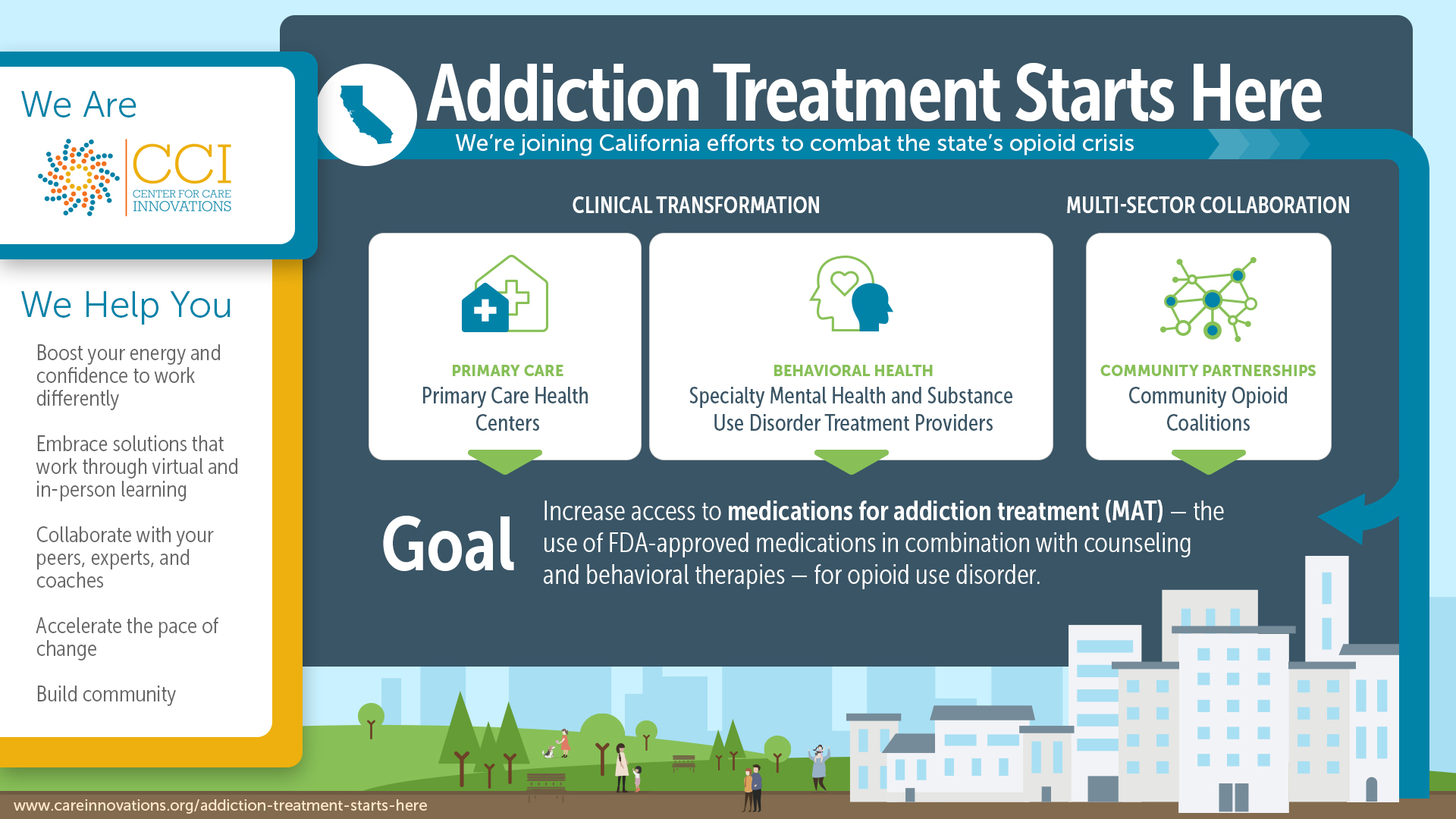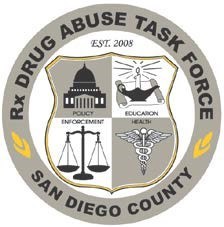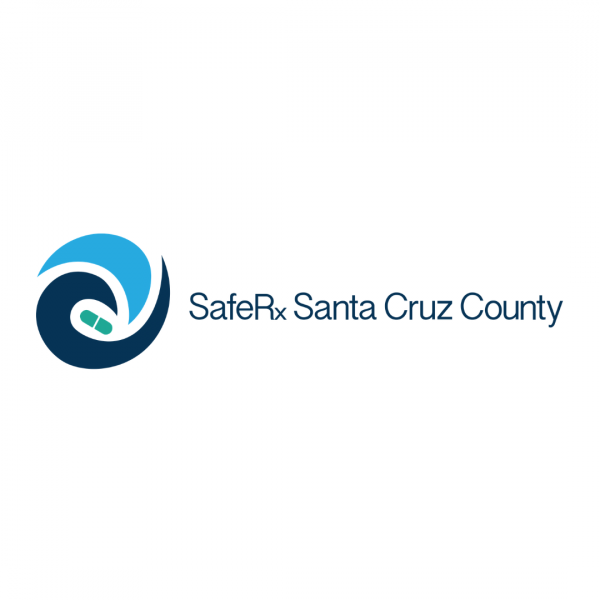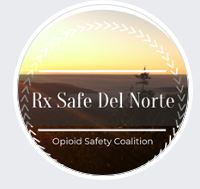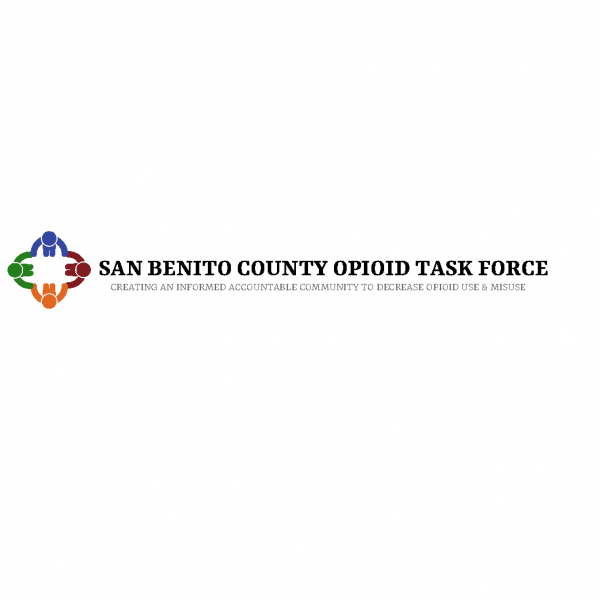OVERVIEW
We’ve launched Addiction Treatment Starts Here: Community Partnerships, a new program that supports multi-sector collaborations between community stakeholders (such as health care providers, local community residents, public agencies, first responders, and other local organizations) to address opioid use disorder (OUD).
![]() Federal, state, and local attention remains focused on combatting opioids, the deadliest drug epidemic in US history. In addition to the devastating effects on the health of communities, OUD is also a major driver of high-cost service utilization, such as inpatient and emergency department care; the result is an enormous economic burden on health systems. Medications for addiction treatment (MAT) — combining psychological and behavioral therapy with FDA-approved medications — is one approach to address and manage morbidity and mortality associated with OUD. Increasing access to MAT is crucial, and this is one major focus of local opioid community coalitions. Many existing opioid coalitions and similar grassroots efforts statewide are enabling a coordinated and collective response to address OUD at a local level, ensuring multiple access points to identifying OUD and treatment opportunities. These innovative, multi-sector approaches reflect an understanding of the conditions and factors that influence the health of a community.
Federal, state, and local attention remains focused on combatting opioids, the deadliest drug epidemic in US history. In addition to the devastating effects on the health of communities, OUD is also a major driver of high-cost service utilization, such as inpatient and emergency department care; the result is an enormous economic burden on health systems. Medications for addiction treatment (MAT) — combining psychological and behavioral therapy with FDA-approved medications — is one approach to address and manage morbidity and mortality associated with OUD. Increasing access to MAT is crucial, and this is one major focus of local opioid community coalitions. Many existing opioid coalitions and similar grassroots efforts statewide are enabling a coordinated and collective response to address OUD at a local level, ensuring multiple access points to identifying OUD and treatment opportunities. These innovative, multi-sector approaches reflect an understanding of the conditions and factors that influence the health of a community.
Building upon the Department of Health and Human Services’ Public Health 3.0 Call to Action, we recognize that multi-sector collaboration is necessary to tackle complex community health issues. The goal of this program is to support community coalitions in effectively understanding root causes and ripe opportunities for multi-sector collaborative interventions to address OUD now and emergent community health issues in the future.
Addiction Treatment Starts Here: Community Partnerships engages four existing opioid coalitions in California to participate in this 16-month learning collaborative, launching in May 2019 and concluding in September 2020. The program provides tailored technical assistance and funding to support participants who are ready to use systems practice and human-centered design techniques to further their efforts to address OUD in their community and create social change at scale. It is funded through the California Department of Health Care Services’ State Opioid Response grant.


